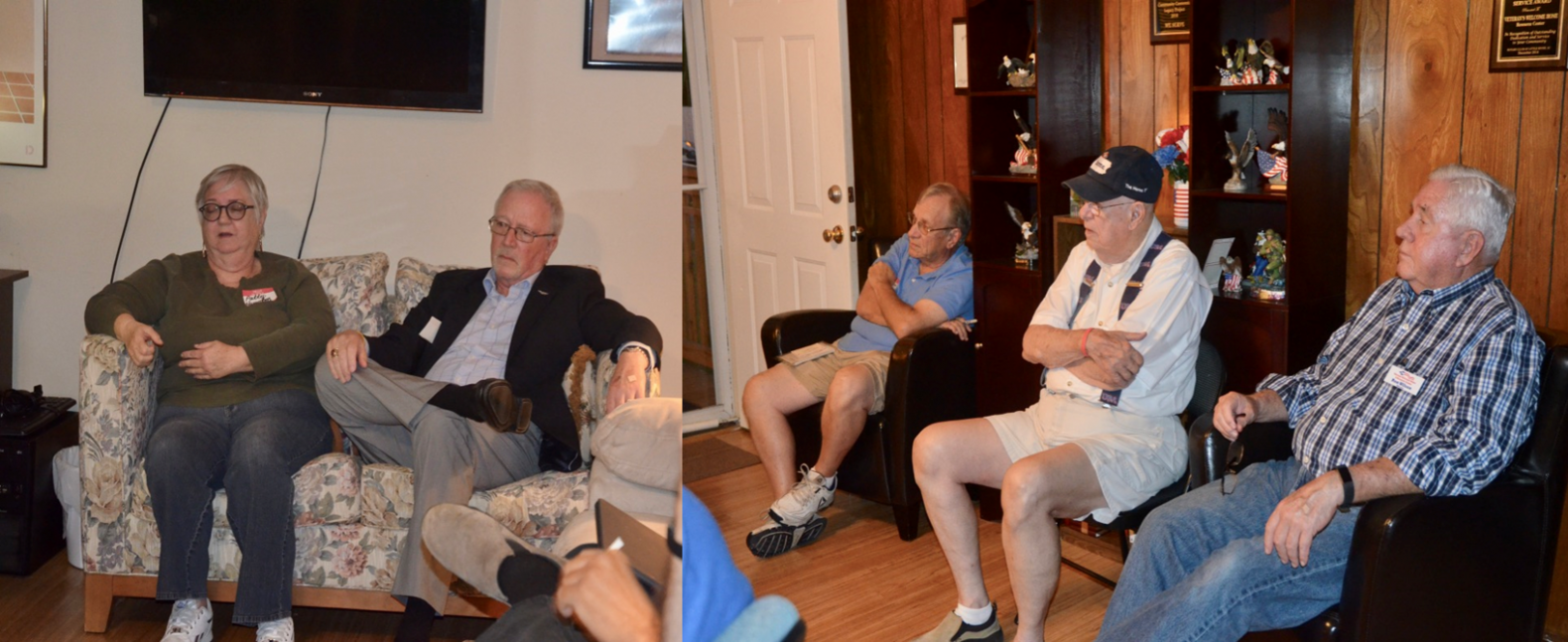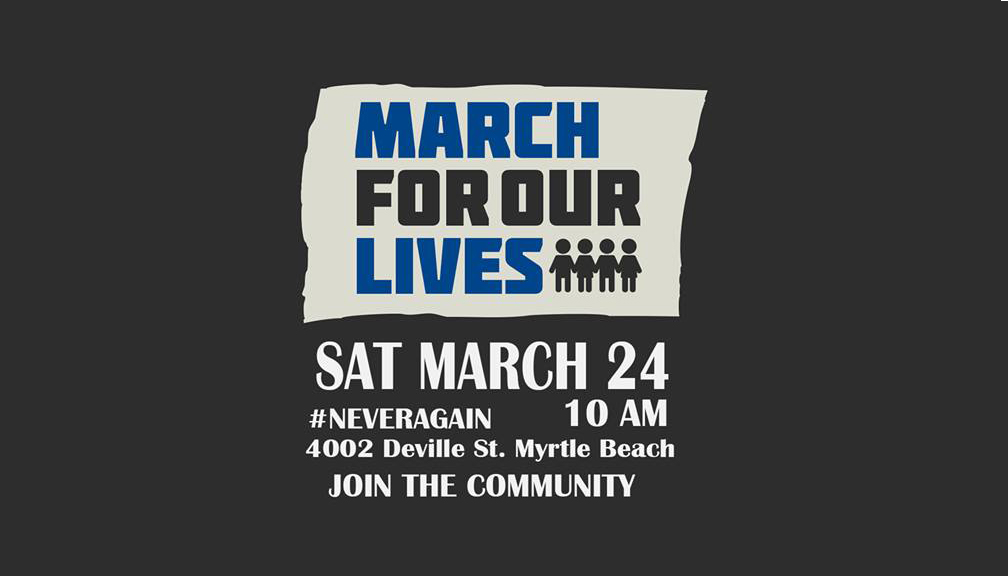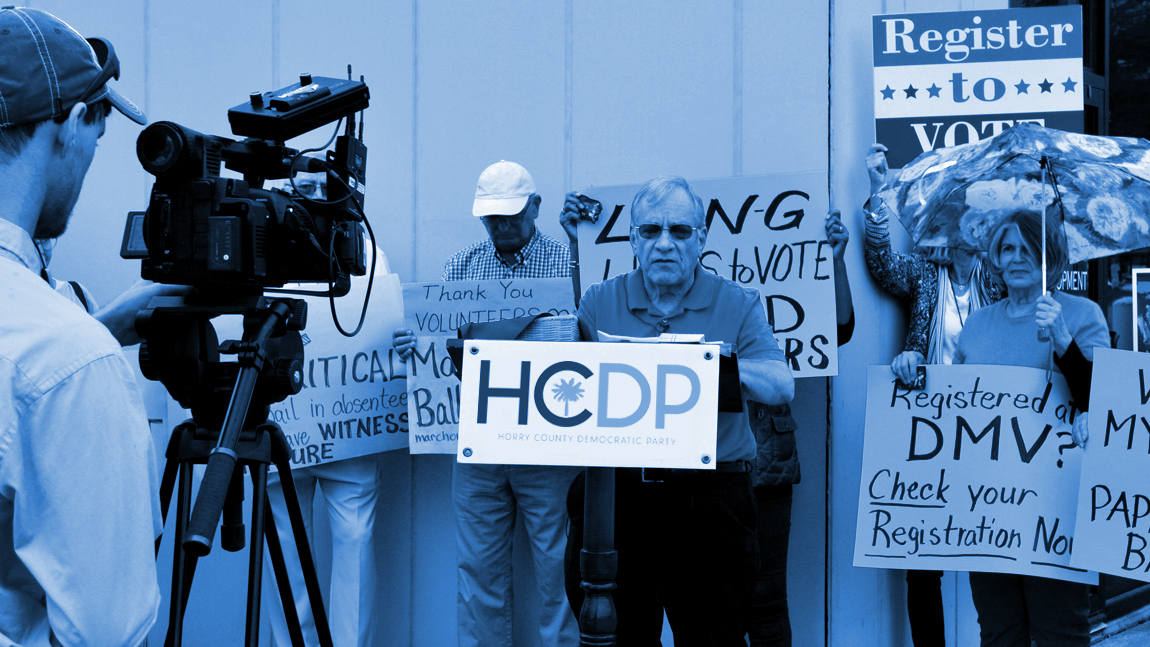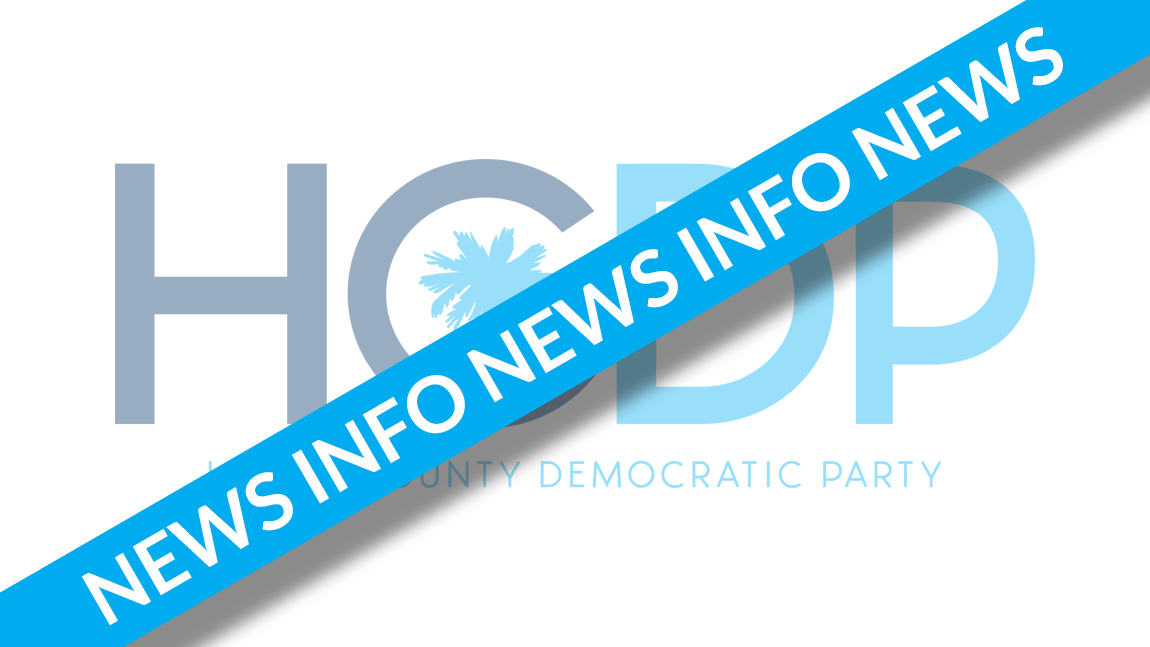By Rick Patelunas.
Mal Hyman, our Democratic candidate for the 7th Congressional District, is a strong proponent of raising the minimum wage. Here’s what voters in Horry County need to know.
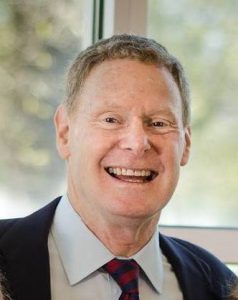 South Carolina does not have its own minimum wage law, so it defaults to the federal minimum wage of $7.25 an hour. Roughly 65,000 workers in South Carolina are paid the federal minimum wage or less. Working forty hours a week for 52 weeks a year earns someone working at minimum wage $15,080. That’s only slightly below the $15,930 poverty level for a family of two.
South Carolina does not have its own minimum wage law, so it defaults to the federal minimum wage of $7.25 an hour. Roughly 65,000 workers in South Carolina are paid the federal minimum wage or less. Working forty hours a week for 52 weeks a year earns someone working at minimum wage $15,080. That’s only slightly below the $15,930 poverty level for a family of two.
Minimum wage jobs are not part-time or summer jobs for teenagers who want to pick up some extra spending money. Consider the following characteristics of South Carolina workers who would be affected by increasing the federal minimum wage to $12 by July 2020. Roughly one out of three in South Carolina’s workforce would be affected and about half are between the ages of 25 and 54. Over half make less than $40,000 a year, nearly two thirds work full-time and one third are the sole providers of their family’s income.
The Economy in Horry County Relies on Minimum Wage Jobs
Detailed data for the 7th Congressional District is not as readily available, but it’s fair to conclude that the District would resemble the South Carolina profile. If anything, it’s likely the 7th CD relies more on the minimum wage than South Carolina in general. The economy in Horry County, which represents about 40 percent of all voters in the 7th CD is primarily in the Leisure and Hospitality industry, which relies on minimum wage and seasonal workers far more than most industries. Furthermore, Retail is another large part of Horry’s economy and it too, depends on minimum wage workers.
Opponents argue that increasing the minimum wage would increase unemployment because employers would not pay the higher wage. First, a National Bureau of Economic Research concluded: “The lesson here is to distrust sweeping generalizations about what might result from a minimum-wage increase within the national labor market as a whole.” Second, business decisions are not based solely on an hourly wage rate. Decisions depend on things like employer-employee loyalty and trust, and practicalities like the business’s ability and willingness to shift its hiring and scheduling practices. It is not a costless business decision to rearrange operations.
Raise the Minimum Wage and Put Money in People’s Hands
The purpose of raising the minimum wage is to put money into the hands of people who need it. That’s good for the economy because part of the reason for the current economic stagnation is the lack of adequate demand. The economy is about three-quarters consumer driven and if consumers don’t have money to spend, there is no demand. If people have money, they buy basic necessities like rent, food and clothes.
Not only would workers and the economy benefit, so would taxpayers. Consider the impact of raising the minimum wage to a living wage. Without a living wage, people have little choice other than government programs like food stamps to help them make ends meet. Plus, the government provides a wage subsidy for the working poor known as the Earned Income Tax Credit. If people are paid a living wage, they have less need for food stamps and the Earned Income Tax Credit. The result is less of a burden on taxpayers.
People have a voice when they vote. It’s crucial that everyone do their best to vote despite the obstacles and vote for the candidates who support raising the minimum wage. In the 7th District, Democratic candidate Mal Hyman supports raising the minimum wage. The Republican incumbent Tom Rice does not.
Vote for Mal Hyman on November 8. Learn more about Mal here.


